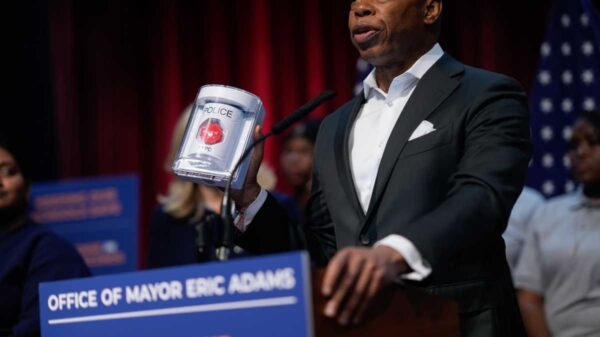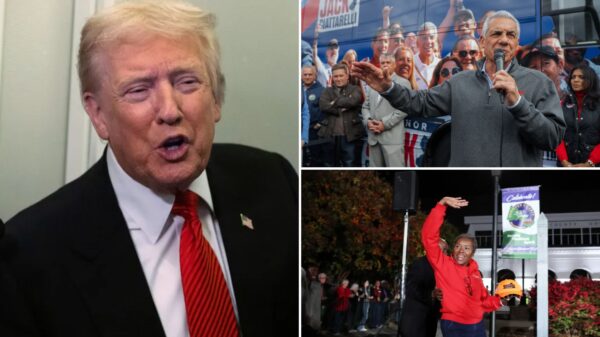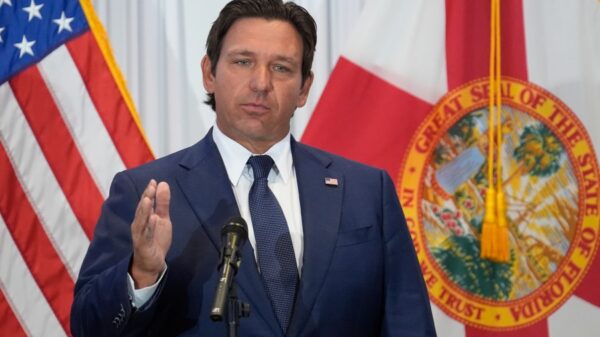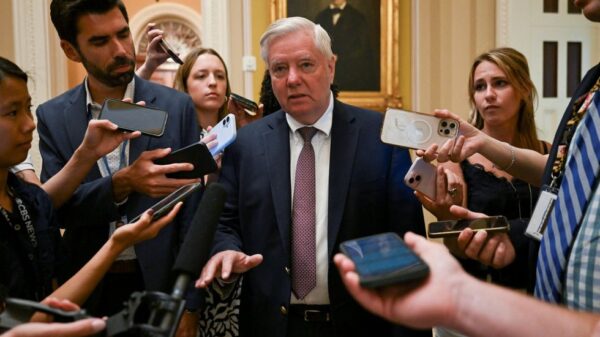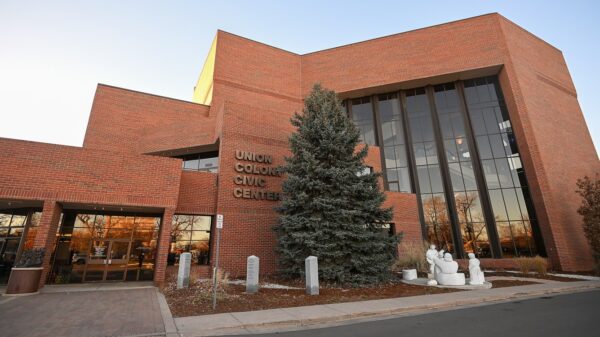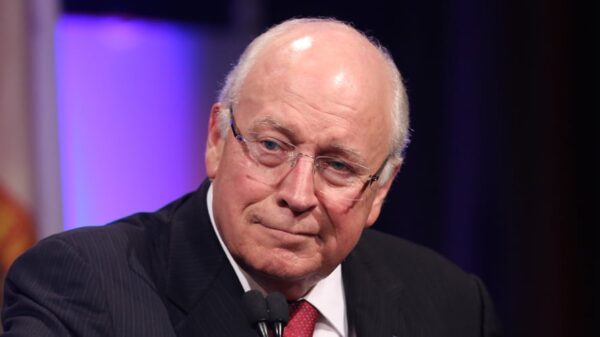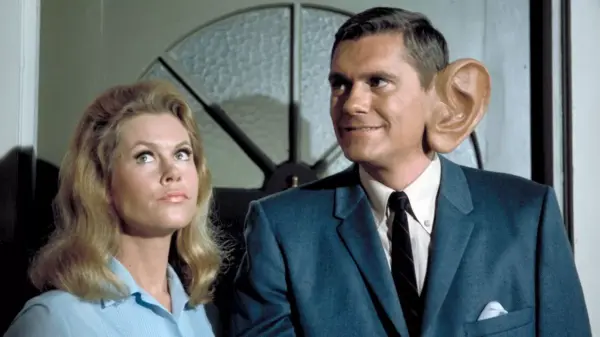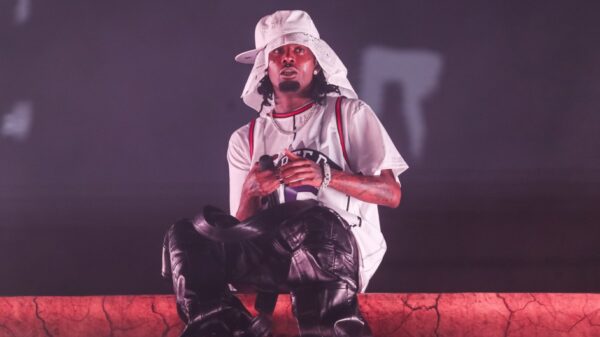Former Vice President Dick Cheney has died at the age of 84 due to complications from pneumonia and existing cardiac and vascular diseases. His family announced his passing on Monday, marking the end of a career that significantly shaped American politics and foreign policy.
In a statement released the following day, former President George W. Bush expressed his condolences, describing Cheney as a “decent, honorable man.” Bush emphasized that Cheney’s death represents “a loss to the nation” and noted that history will regard him as “among the finest public servants of his generation.”
Cheney’s tenure as vice president from 2001 to 2009 was marked by his influential role in the U.S. government, particularly regarding national security and military interventions. He was a staunch advocate for the invasion of Iraq in 2003, a decision that would later become a defining aspect of his legacy. This military action was rooted in the belief that Iraq possessed weapons of mass destruction, a claim that was later discredited.
Career Highlights and Controversies
Before serving as vice president, Cheney held the position of Secretary of Defense under President George H.W. Bush during the Persian Gulf War in the early 1990s. His leadership during that conflict was characterized by a decisive military strategy that successfully liberated Kuwait from Iraqi occupation. Cheney’s approach to defense and security established him as a formidable figure in American politics.
While Cheney was celebrated by many conservatives for his tough stance on terrorism and his advocacy for military action, he was also a polarizing figure. Critics often pointed to his role in the Iraq War as a catalyst for ongoing instability in the region. His tenure was also scrutinized for its approach to issues of torture and surveillance, raising ethical questions that resonate in contemporary discussions about national security.
Throughout his career, Cheney was known for his pragmatic approach and willingness to take bold decisions, often prioritizing security over civil liberties. This led to significant debate over the balance between freedom and safety in the post-9/11 era.
Legacy and Reflection
As tributes pour in from politicians and public figures, Cheney’s impact on American politics is undeniable. His ability to navigate complex political landscapes and influence key decisions has left an indelible mark on both the Republican Party and U.S. foreign policy.
Cheney’s family has requested privacy as they mourn his loss. Many will remember him as a dedicated public servant, while others will reflect on the controversies that defined his career. Regardless of perspective, his passing signals the end of an era in American political history.
As discussions about his legacy unfold, it is clear that Dick Cheney will be remembered not just as a vice president, but as a significant player in shaping the United States’ approach to global challenges in the early 21st century.











